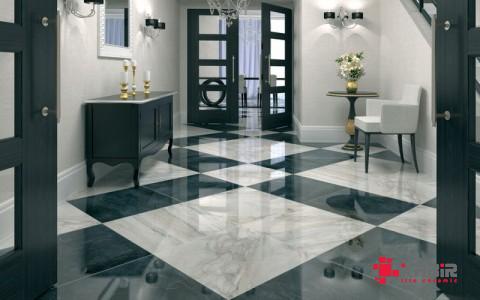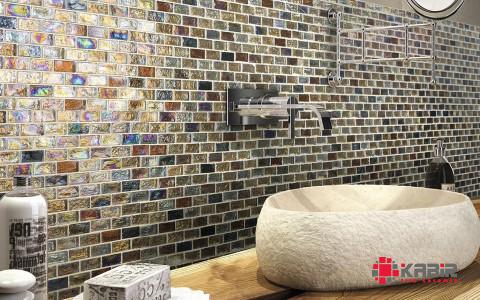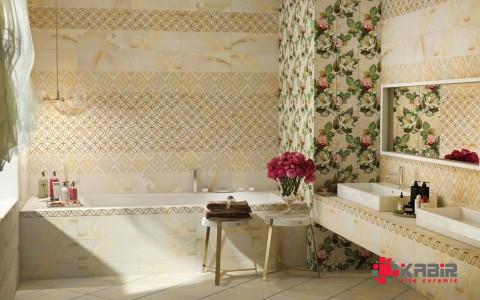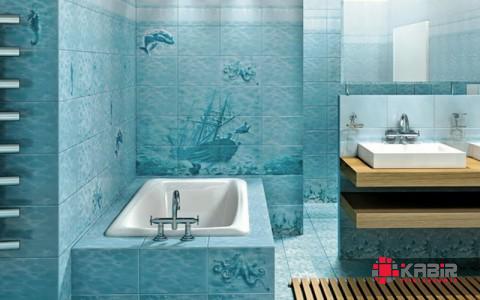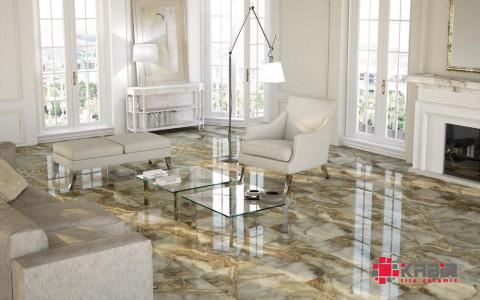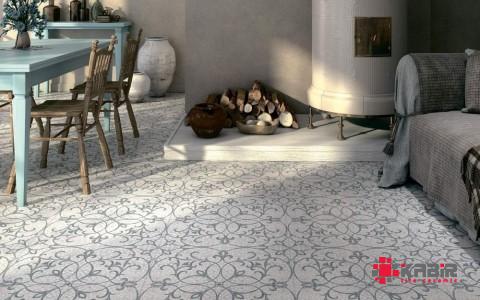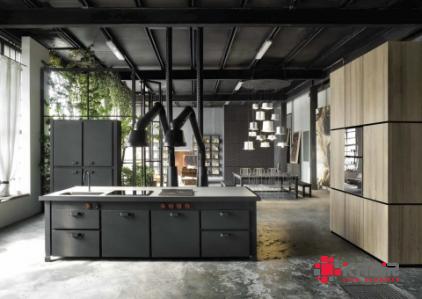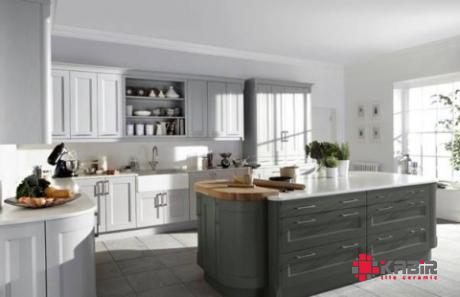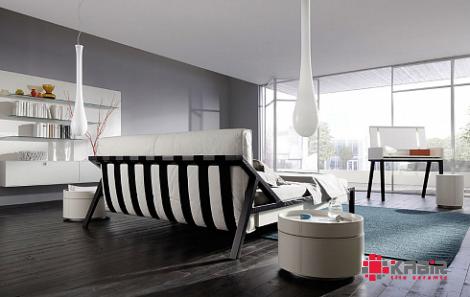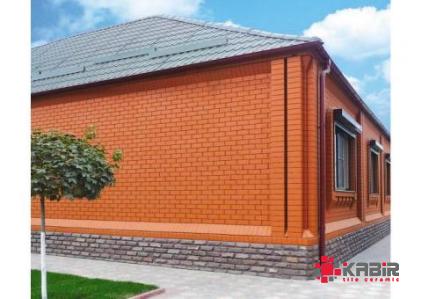The Purchase Price of glazed vitrified tiles + Advantages And Disadvantages
The digital glazed vitrified collection of tiles is a wonderful selection that can be purchased at reasonable costs
These tiles can be offered in a variety of sizes, including one that is 600×600 pixels on each side
There are four different sorts of finishes available, and they are as follows: rustic, glossy, matt, and metallic
Glazed Vitrified Tiles are produced with the assistance of high-volume Inkjet Printers by using digital technologies throughout the manufacturing process
Vitrified Tiles is the category that it falls within
There is a wide variety of tiling available, including digital wall tiles, ceramic floor tiles, vitrified tiles, polished glazed vitrified tiles, double-charged tiles, nano-polished tiles, huge porcelain slabs, sanitary goods, and mosaic tiles, to name a few varieties
Vitrified tiles with a glazed finish (GVT) There are two primary categories of digitally glazed vitrified tiles, namely GVT, which have a matte finish, and PGVT, which have glossy surfaces
Both of these categories are available
GVT-Digital glazed vitrified tiles Polished glazed vitrified tiles, abbreviated as PGVT, these tiles are manufactured with the help of digital printers
Less than one millimeter separates each layer of digital printing
They are used in residential areas, in addition to business settings such as offices and dining establishments
As a result of the vitrification method that was used to create these tiles, they have a low porosity and water absorption rate (0
5 percent)
Vitrified tiles are more stain-resistant, longer-lasting, and stronger than other types of tiles
If you are inquisitive about the number of designs that can be found in digital tiles, the answer is an infinite number of designs, surfaces, textures, patterns, and colors
Additionally, with the help of digital printing machines, each design can be customized to meet the needs and requirements of the customer
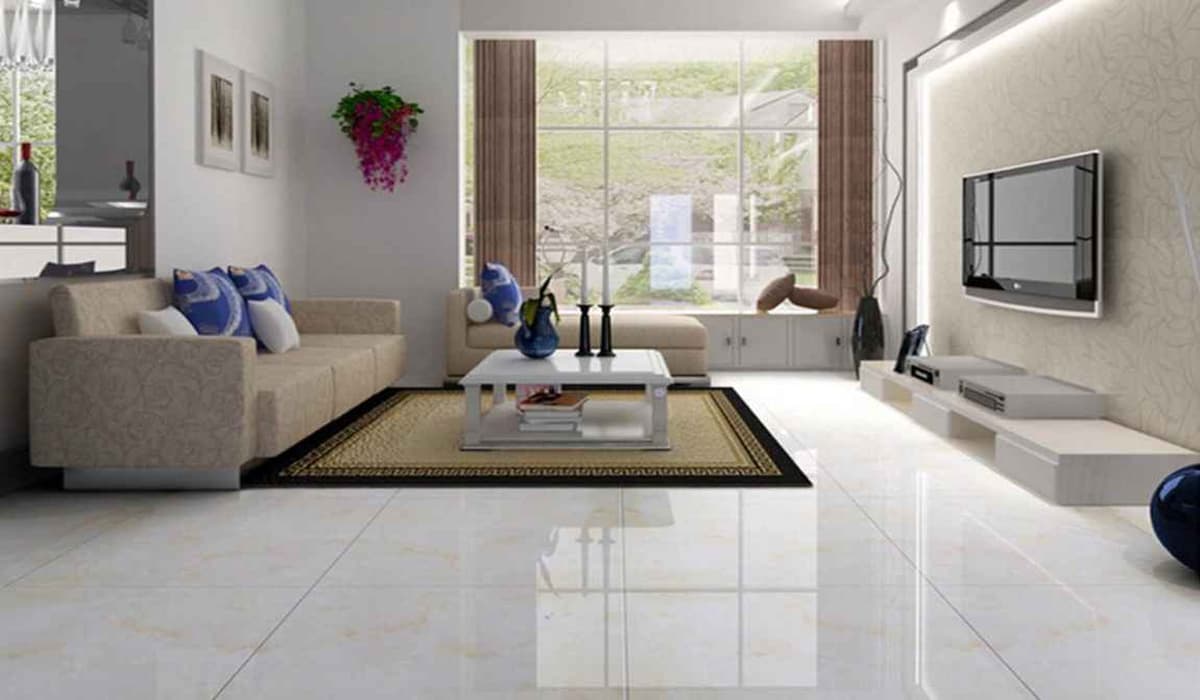
Digital vitrified tiles
There are a lot of homeowners that are unaware of digital tiles
Glazed tiles are also known as glazed vitrified tiles
The surface glaze is less than one millimeter thick
There are both matte and sparkling glazes available
Before being burned, the tiles are given a coating of engobe, TR, and opaque
The layer coatings used for the various tile finishes each have their own unique density, viscosity, and weight
Digital vitrified tiles are created using an inkjet printer
Surfaces may have a pattern that is either random or repetitive
Tiles made digitally might include anything from two to ten different design processes
Home flooring with on-trend designs and patterns is produced by a number of different manufacturers
Producing glazed tiles with a digital pattern The following ingredients are used in the production of tiles: soda, potash, quartz, ball clay, talc, STPP, and SLS
The bodies of digital tiles may be purchased for less money than full-body vitrified tiles
ceramic tile with a single layer that was produced utilizing hydraulic presses
After being pressed, tiles are either dried in a vertical or horizontal orientation
After being removed from the press, the tiles undergo a drying and prebaking process
After that, the tiles go through a treatment that is followed by printing
When printing designs and patterns, digital technology makes use of the CMYK color space, which includes hues such as brown, yellow, cobalt, and black, among others
If you are creating a complex design, the printer that you are using can have anywhere from three to ten printing heads
KERAjet, SACMI, System Ceramic, EFI Cretaprint, and Mejia are some examples of companies that create digital machines
To ensure that the tiles are long-lasting, they are baked at a temperature of 1200 degrees Celsius
To get a glossy finish on tiles, polishing equipment is required
Lapato abrasives, polishing equipment
The tile measurements are first determined by the sizing machine, and then the squaring machine removes any unnecessary edges
The manufacture of tiles is finished off with box packing that has PP corner straps
Tile boxes are often transported on wooden pallets to reduce the risk of sustaining damage or movement while in transit
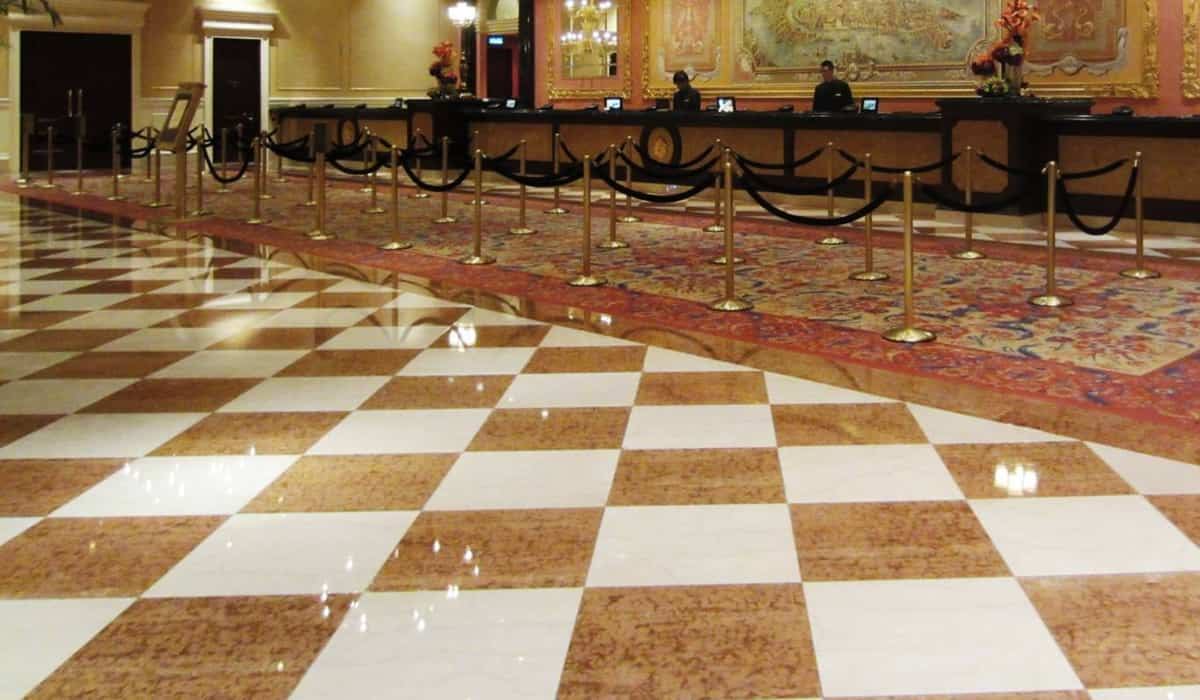
Digital tiles price
Digital wall tiles at affordable prices are popular
Digital wall tiles were formerly mainly used in kitchens and bathrooms but spread to bedrooms and living spaces
Digital wall tiles boost any space’s visual appeal and the home’s interior
It’s popular because it’s easy to clean
Before investing in digital wall tiles, you need to know what they are
This article provides a detailed guide to Digital Wall Tiles
Where can we use digital wall tiles? Digital wall tiles are ceramic or vitrified tiles printed digitally
Digital printing can print any pattern or design on our tile
These thick tiles are ideal for commercial and office settings with considerable foot traffic
This sturdy tile is thick
These tiles were previously used primarily in kitchens and baths but later grew popular in bedrooms and living spaces
Digital tiles may be utilized in several places
These tiles may be used to decorate parking spaces and pooja rooms
You have several possibilities
What sizes are AGL digital wall tiles? Digital tiles come in several sizes
10×15 and 12×18 are popular bathroom and kitchen tile sizes since they’re light and affordable
Different markets classify sizes in inches and millimeters
AGL’s sizes are below
248×375 300×300 300x450x600 Who makes them? Clay, quartz, and other materials are used to make digital wall tiles
Hydraulic methods make ceramic wall tiles
After drying, these tiles are glazed and surface-coated
After being baked, tiles are sized and packed
Digital printers make digital wall tiles
Matt and glossy are distinct
High-depth or wall-cladding tiles undergo hydraulic operations for elevation
It’s 3D and feels smooth
Morbi, Gujarat, is India’s ceramic capital
It has 900 ceramic factories
AGL provides Airdrop, glossy, silky, and matt Digital Wall Tiles
Before buying Digital Wall tiles, consider these considerations
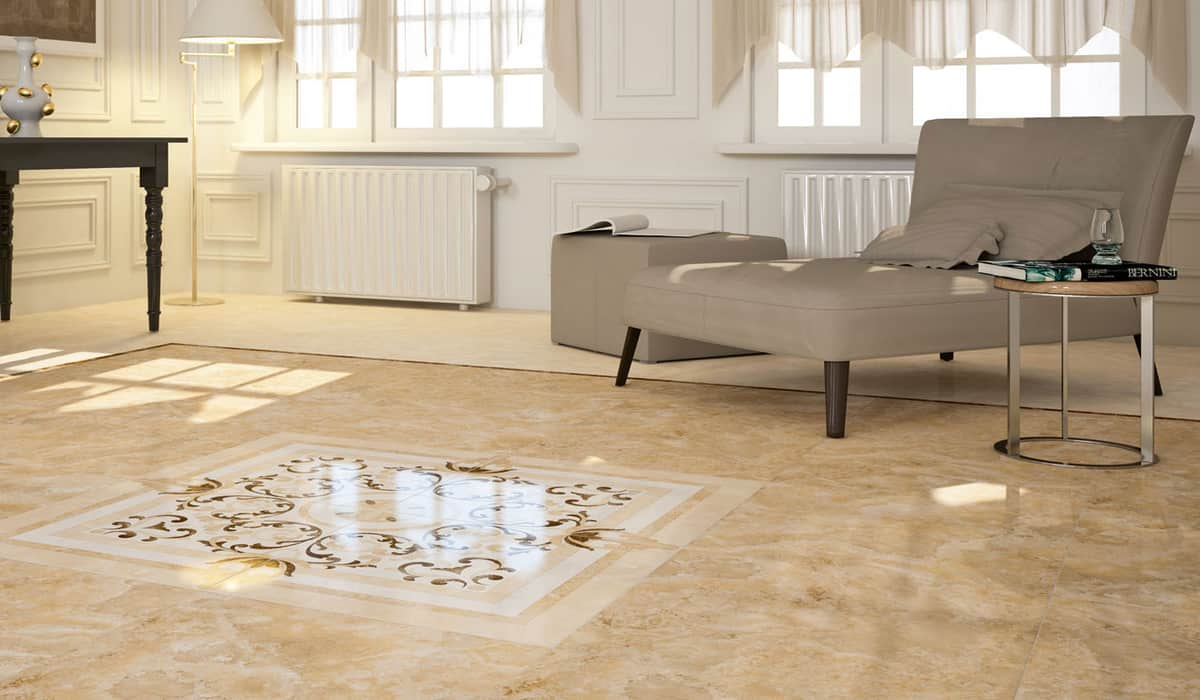
Vitrified tiles 600×600 price
This is the correct post for you if you are searching for price and different varieties of 600 x 600 mm Vitrified Tiles and their prices, since it explains why they are so popular, how durable these tiles are, how simple they are to install, how little care they need, and many other benefits
The tile store in your neighborhood should have no trouble supplying you with items of this kind
It is simple to install in any setting, including homes, companies, hospitals, schools, and even public restrooms and retail malls
Prices for a square foot of 600 by 600 millimeters might vary anywhere from 20 to 80 rupees
It is possible both financially and in terms of the layout
Different Varieties of Vitrified Tiles Measuring 600mm x 600mm Made of Soluble Salt (Nano Polished Vitrified Tiles, Nano tiles) Tiles with a Double Charge of Vitrification (Multilayer tiles, Double Layer tiles) vitrified tiles with a glazed finish (GVT, PGVT, digital printed tiles)
Tiles with a Full Body Vitrification (Outdoor tiles) Tiles manufactured with soluble salt are produced using a method known as screen printing
During this process, the tile’s pattern is created with the help of semi-automatic printing machines, which employ the soluble salt colors
Ivory serves as the foundation for the patterns that are seen in these kinds of tiles
A nano-coating has been applied to the surface of these tiles, which helps to fill the micro holes and makes the surface of the tiles smooth
The amount of water that it can absorb is less than 0
05 percent
The price of nano polished tiles with a dimension of 600 by 600 millimeters is between Rs 20 and Rs 22 per square foot for the ex-factory pricing (GST 18 percent percent extra)
The cost might shift based on factors such as the thickness of the tile and the quality of the tiles
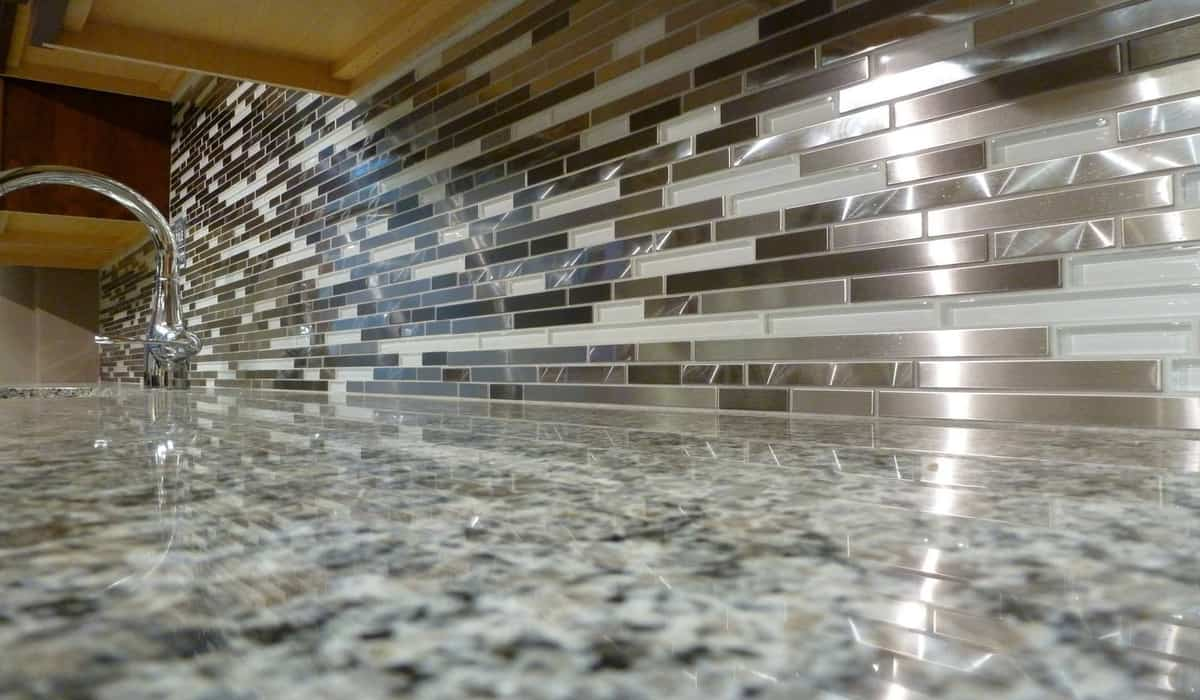
Glazed tiles 600×600
Glazed tiles come in various colors and designs, are simple to clean, may be used in the kitchen or the bathroom, and can be found in various sizes, including 600×600
There are a wide variety of patterns and designs that may be applied to glazed tiles, which are more vibrant and colorful than polished tiles
Glazed tiles have a significantly higher surface strength and may be used on both the floor and the wall
The primary benefit of glazed bricks over vitrified bricks is that they are impermeable and unconcerned with filth
Glazed bricks, in general, have excellent slip resistance and may be decorated with a variety of designs
Glazed tiles are less resistant to wear than vitrified tiles, yet qualified goods may nevertheless fulfill the demands of a home’s daily routines
Toughness and anti-seepage properties make this material ideal for splicing
There is almost no break or other anomalies
Rate of water absorption: Glazed tiles have a water absorption rate of more than 10%
For example, glazed tiles have quenching and heating resistance characteristics, which means they can handle fast temperature fluctuations without cracking in the middle of them
The test employed a 130 C temperature differential between cold and hot conditions
Bending strength: The average bend strength of the glazed brick is not less than 16MPa, and for bricks with a thickness higher than or equal to 7
5mm, this average bend strength does not fall below 13MPa
Recognizing and resolving issues
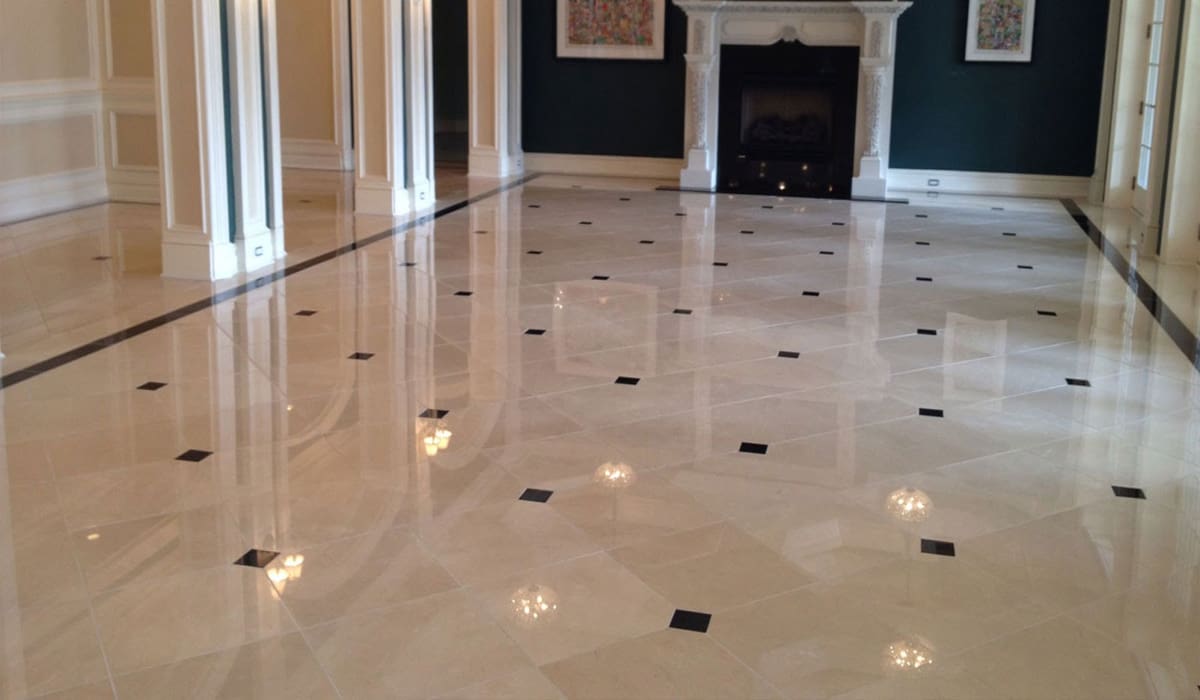
Glazed tiles have a lower wear resistance than polished tiles because of the glaze on the surface
A wide range of chromatic aberration defects may be seen during the firing process, including holes, fractures, bends, and ripple spots; a tiny amount of moisture will be absorbed by the porcelain due to the superior quality of the bricks and the presses, as well as the high density of the pressing and the high firing temperature used in making good bricks
